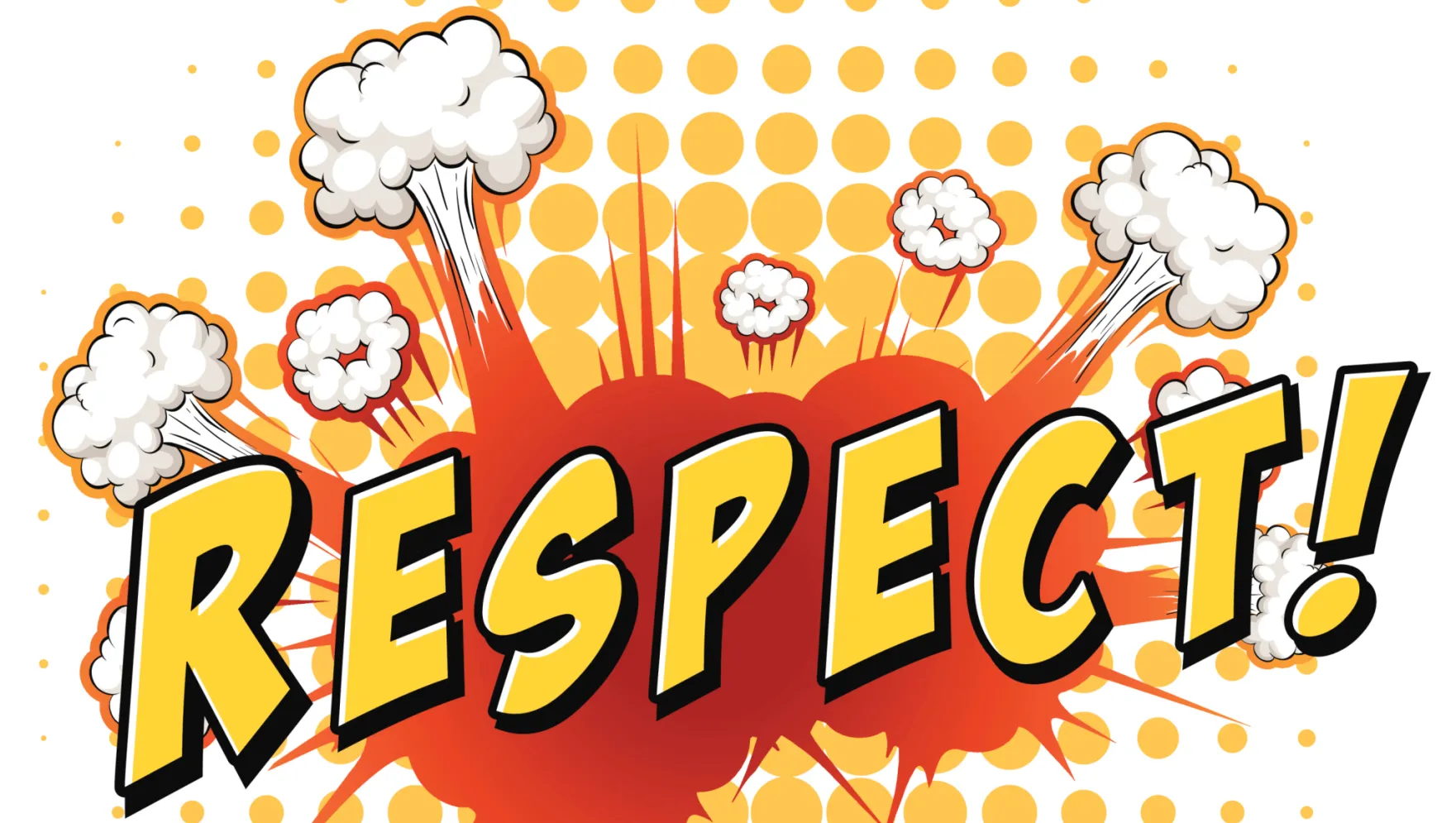Respect is the cornerstone of all meaningful human interactions. It’s the golden rule that weaves through the fabric of society, guiding our behavior and shaping our relationships. Treating people with respect isn’t just a societal norm; it’s the fundamental glue that holds us together in a world bursting with diversity, opinions, and perspectives.
Respect isn’t merely a surface-level courtesy. It goes deeper than a polite nod or a friendly smile. It’s about acknowledging the inherent value in every individual, irrespective of differences in beliefs, backgrounds, or status.
One crucial aspect of treating people with respect is active listening. It’s not just about hearing the words someone says, but truly understanding their perspective and emotions. When you actively listen, you’re showing that their thoughts and feelings matter, fostering an environment of mutual understanding and empathy.
Moreover, respecting boundaries is pivotal. Every person has their comfort zones, and being mindful of these boundaries is a sign of respect. It could be as simple as asking for consent before sharing personal information or being considerate of someone’s need for space or privacy.
Empathy, too, plays a monumental role. Putting yourself in someone else’s shoes allows you to grasp their feelings and experiences better. Empathy enables us to respond sensitively to others’ emotions, offering support or assistance when needed, and celebrating their joys and successes.
Respect isn’t a one-size-fits-all concept. Different cultures, communities, and individuals might have varied expectations or expressions of what respect entails. Learning about these diverse perspectives can enrich our understanding and help us navigate interactions more thoughtfully.
It’s also crucial to acknowledge that respect begins within. Self-respect forms the foundation upon which our interactions with others are built. By honoring and valuing ourselves, we set a precedent for how we expect to be treated and, in turn, how we treat others.
At times, conflicts or disagreements are inevitable. However, even in such moments, it’s possible to disagree respectfully. Engaging in constructive dialogue, maintaining a calm demeanor, and refraining from personal attacks are essential in these situations. Disagreeing respectfully doesn’t diminish the value of differing opinions but rather elevates the conversation to a space of mutual respect.
Certainly! Respect isn’t just a passive quality; it’s an active practice that shapes our daily interactions and contributes to the collective harmony of our communities.
One powerful aspect of respecting others is by honoring their autonomy. Recognizing that each person has their own agency and the right to make decisions about their lives is crucial. This includes respecting diverse opinions, even when they differ from our own. It’s through this acknowledgment of individual autonomy that we foster an environment where everyone feels empowered and valued.

Moreover, kindness is an integral part of showing respect. Small acts of kindness—whether it’s a genuine compliment, a helping hand, or a simple gesture of gratitude—go a long way in showing appreciation for others. Kindness creates ripples, spreading positivity and building bridges between people.
Respect also involves being mindful of our words and actions. Being aware of the impact of what we say or do can prevent unintended harm. It means refraining from derogatory language, stereotypes, or actions that belittle or disrespect others. Instead, choosing words and actions that uplift, inspire, and encourage creates a space where everyone feels safe and respected.
Another significant aspect of respect is acknowledging the value of diversity. Embracing different cultures, traditions, beliefs, and perspectives enriches our lives and broadens our understanding of the world. By celebrating diversity, we create an inclusive environment that respects and honors the richness of human experiences.
Furthermore, genuine respect involves standing up against injustice. It means speaking out against discrimination, inequality, and any form of mistreatment. It’s about advocating for fairness and equality, ensuring that everyone has equal opportunities and rights, regardless of their background.
One of the most powerful demonstrations of respect lies in fostering an inclusive environment. Inclusive spaces embrace diversity not as a mere checkbox but as an intrinsic strength. Whether in workplaces, educational institutions, or communities, creating environments where everyone feels valued regardless of race, gender, sexual orientation, religion, or abilities is paramount. It’s about not just tolerating differences but celebrating them, recognizing that diversity enriches our collective experiences.
Respect also extends to the environment. Caring for the planet and all its inhabitants is an act of respect on a global scale. Being mindful of our ecological footprint, conserving resources, and advocating for sustainable practices are ways to show reverence for the environment and future generations.
Moreover, respecting different viewpoints fosters growth and innovation. In collaborative settings, valuing diverse perspectives can lead to creative solutions and progress. It’s about creating a space where individuals feel comfortable expressing their ideas without fear of judgment, knowing that their input is valued and respected.
In relationships, whether personal or professional, respect forms the cornerstone of trust and mutual regard. It’s about valuing the boundaries, needs, and emotions of others. Healthy relationships thrive on mutual respect, communication, and understanding, nurturing an environment where individuals feel supported and appreciated.
Teaching respect starts early. Instilling values of empathy, kindness, and understanding in younger generations lays the foundation for a more respectful society. By modeling respectful behavior and engaging in open conversations, we can nurture a culture of respect that transcends generations.
In essence, respect isn’t just a virtue; it’s a way of life—a commitment to upholding the dignity and worth of every individual. It’s about building connections based on mutual understanding, empathy, and acceptance. In a world where differences abound, respect serves as the common ground that unites us all. It’s the essence of our humanity, shaping a world where everyone feels respected, valued, and embraced.
If you enjoyed this read, check out our other posts.














What do you think?
Show comments / Leave a comment